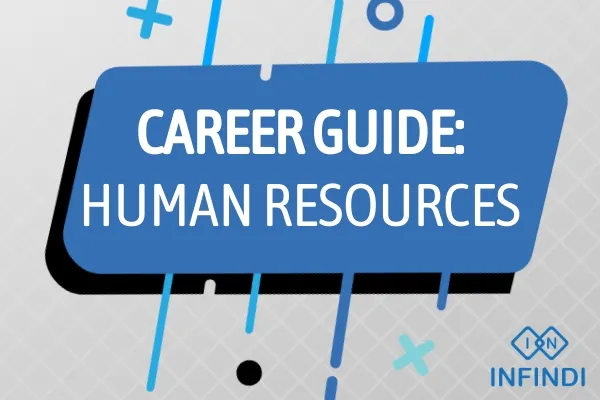For those with a passion for people, communication, and organizational development, careers in human resources offer a dynamic and integral path. Whether you’re an experienced HR professional or someone exploring entry-level opportunities, understanding the intricacies of jobs in human resources is essential. This article aims to provide a comprehensive guide to HR jobs, addressing duties, salary expectations, job descriptions, skills, qualifications, education and training requirements, experience prerequisites, frequently asked questions, and daily tasks.
1. Duties and Responsibilities
Human resources professionals play a crucial role in managing the human capital of organizations and creating a positive work environment. Common duties and responsibilities include:
- Recruitment and Staffing: Attracting, hiring, and onboarding new employees.
- Employee Relations: Resolving workplace conflicts and fostering a positive workplace culture.
- Training and Development: Implementing programs to enhance employee skills and knowledge.
- Compensation and Benefits: Managing salary structures, benefits, and reward programs.
- Policy Implementation: Ensuring compliance with HR policies and regulations.
2. Salary Expectations
The salary for jobs in human resources varies based on factors such as experience, level of responsibility, and industry. Entry-level positions may start at around $50,000 annually, while experienced HR professionals in managerial or specialized roles can earn well over $100,000. Industries like corporate HR, recruitment agencies, and consulting tend to offer competitive salaries.
3. Possible Job Descriptions
HR roles encompass various positions, each contributing to the development and management of an organization’s workforce:
- HR Generalist: Handling a variety of HR functions, including recruitment, employee relations, and training.
- Recruitment Specialist: Focusing on attracting and hiring the right talent for the organization.
- Employee Relations Manager: Resolving workplace conflicts and ensuring a positive work environment.
- Compensation and Benefits Analyst: Managing salary structures, benefits, and incentive programs.
- Training and Development Specialist: Facilitating employee development programs.
4. Skills and Qualifications
Successful HR professionals possess a combination of interpersonal skills, communication abilities, and a strong understanding of organizational dynamics. Key skills include:
- Communication: Effectively conveying information to employees and management.
- Problem-Solving: Addressing workplace conflicts and finding solutions.
- Ethical Judgement: Maintaining confidentiality and adhering to ethical standards.
- Negotiation: Resolving conflicts and reaching agreements between parties.
- Organizational Skills: Managing multiple tasks, projects, and priorities.
5. Education and Training Requirements
Formal education is often essential for HR jobs, typically requiring at least a bachelor’s degree in human resources, business administration, or a related field. Professional certifications, such as the Professional in Human Resources (PHR) or Senior Professional in Human Resources (SPHR), can enhance career prospects.
6. Experience Requirements
Entry into HR jobs often involves gaining practical experience through internships, entry-level positions, or HR assistant roles. Advancement to managerial or specialized HR roles may require several years of relevant experience.
7. Frequently Asked Questions
Q: How does technology impact HR jobs?
A: Technology has transformed HR with innovations such as applicant tracking systems, HRIS (Human Resources Information Systems), and online training platforms, streamlining HR processes and improving efficiency.
Q: What is the role of HR in workplace diversity and inclusion?
A: HR plays a crucial role in promoting diversity and inclusion by implementing policies and programs that ensure a diverse and inclusive workplace culture.
Q: Can HR professionals specialize in specific areas?
A: Yes, HR professionals often specialize in areas such as recruitment, employee relations, compensation and benefits, or organizational development based on their interests and expertise.
8. Daily Tasks and To-Do Lists
The daily tasks of an HR professional can vary based on their specific role and organizational needs, but a typical to-do list may include:
- Conducting recruitment and hiring processes.
- Resolving employee conflicts and addressing concerns.
- Managing employee benefits and compensation programs.
- Implementing training and development initiatives.
- Ensuring compliance with HR policies and regulations.
In conclusion, a career in human resources offers a dynamic and people-centric journey for individuals dedicated to nurturing talent and fostering workplace excellence. Whether you’re entering the HR field or aiming for advancement, understanding the duties, qualifications, and daily tasks associated with HR jobs will set you on the path to success. Explore opportunities, contribute to organizational success, and embark on a fulfilling career in the ever-evolving realm of human resources.

